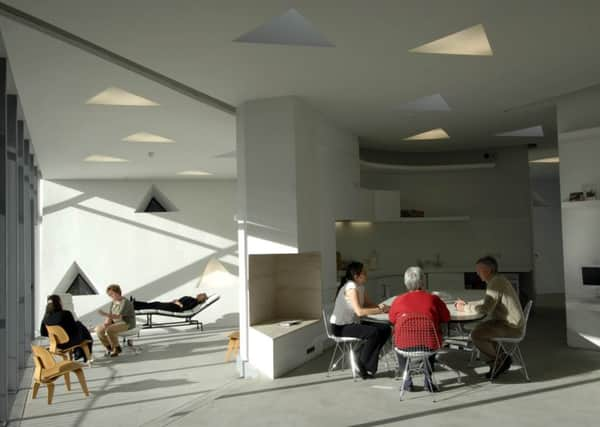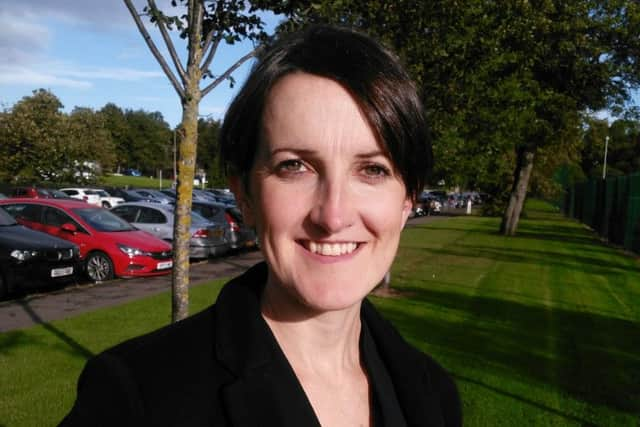Dr Jo Bowden: Taking the worry out of lung cancer


This approach has allowed many patients to receive high quality care from GPs and other professionals, but this was not the case for everyone. Patients and those close to them reported feeling uncertain about what to expect as the disease advanced and about how to access support. The opportunity for planning ahead (known as anticipatory care planning) could be missed.
In Fife, we identified an opportunity to help people more by providing earlier and more consistent palliative care for this frail patient group.
Advertisement
Hide AdAdvertisement
Hide AdA pilot project was developed by the Specialist Palliative Care team in NHS Fife, in partnership with the Fife Health and Social Care Partnership and Macmillan Cancer Support. Funded through the Transforming Care After Treatment (TCAT) programme, this innovative project defined for the first time what BSC should mean in practice for people with incurable lung cancer.


All patients with advanced lung cancer in Fife are now identified at the earliest possible stage and referred to the Specialist Palliative Care Service for comprehensive assessment and personalised care planning. Assessments are carried out promptly at home, in an outpatient clinic or within hospital, depending on patient need and preference. They start with the opportunity for patients, families and carers to discuss the diagnosis and what it means for them, both now and in the future.
Physical symptoms as well as emotional, spiritual and practical needs are assessed. Realistic plans are made to address anything of concern, from symptoms such as pain and weight loss to finances and how they and their family are managing at home. Often this requires the support of wider professionals such as occupational therapists. Conversations are started about patients’ preferences for care as they become less well and are communicated promptly with wider healthcare teams. Hospital clinic appointments are rarely needed. Follow-up is based wherever the patients are, most commonly in their own homes.
This proactive approach has ensured that all patients in Fife with lung cancer receive timely palliative care. There is evidence that people supported by this new model spend less time in hospital and are more likely to receive their end-of-life care in their own home or a hospice.
The service has been positively received by patients, families and carers, who have said that they feel well informed, actively involved in their care planning, and able to maintain independence by knowing where to access support when needed. It has also improved collaborative working between different health and social care teams in Fife.


The project exemplifies the principles of the Chief Medical Officer’s 2014-15 report, Realistic Medicine, which sets out a vision for care that is consistent, high quality and person-centred, whilst also efficient.
It is aligned with the Scottish Government’s Strategic Framework for Action on Palliative and End of Life Care, which commits to improving identification of, and care co-ordination for, people with supportive and palliative care needs. The benefits of palliative care for people with advanced illnesses and those close to them are well recognised. However, ensuring access for all who need it remains a challenge and requires a whole system approach.
Whilst this project was specific to lung cancer, the applicability to other patient groups is clear. Further Macmillan funding is enabling us to adapt the new model of BSC for three other patient groups in Fife. In addition, we plan to work with other regions to share what we have learned, with a view to improving palliative care for patients with a range of advanced cancer and non-cancer diagnoses.
Advertisement
Hide AdAdvertisement
Hide AdDr Jo Bowden, consultant in Palliative Medicine, NHS Fife, will discuss the recent evaluation of the Fife model of Proactive Best Supportive Care at the Scottish Partnership for Palliative Care annual conference tomorrow.